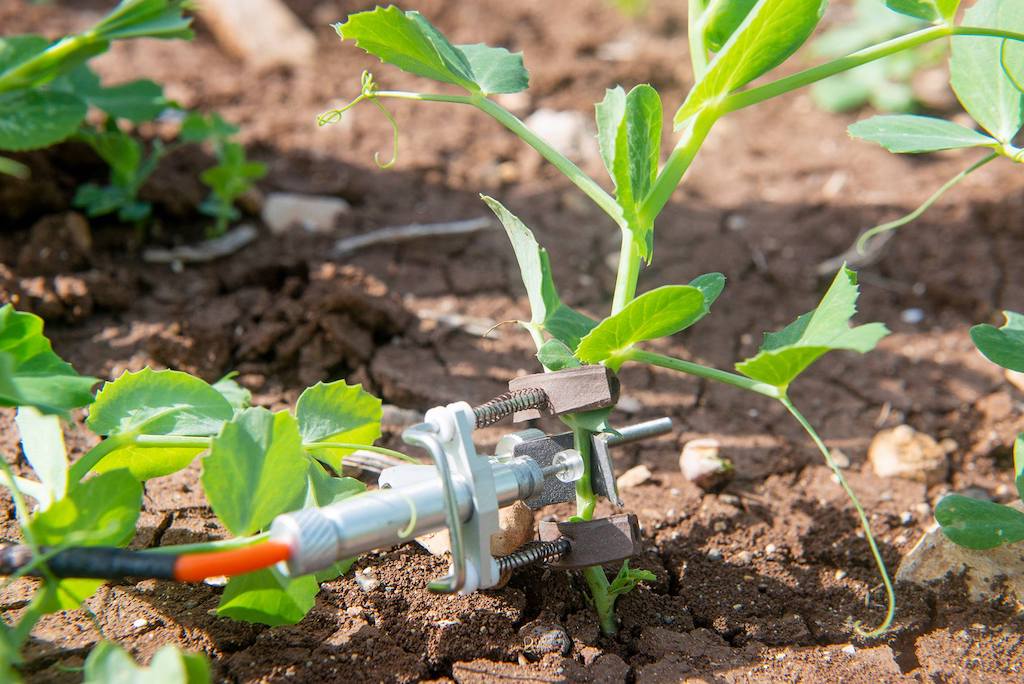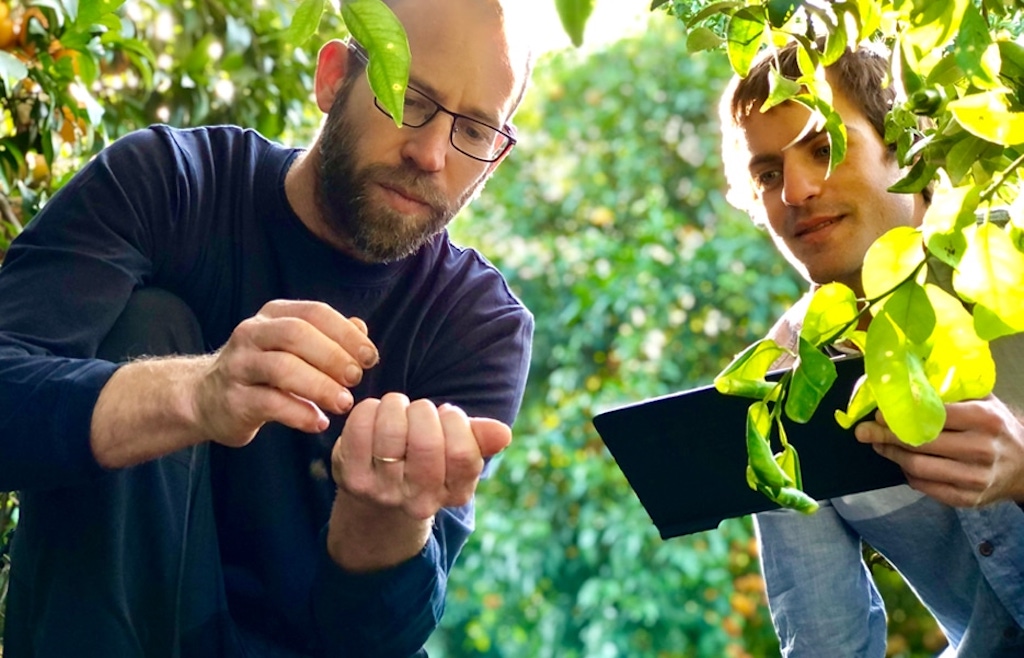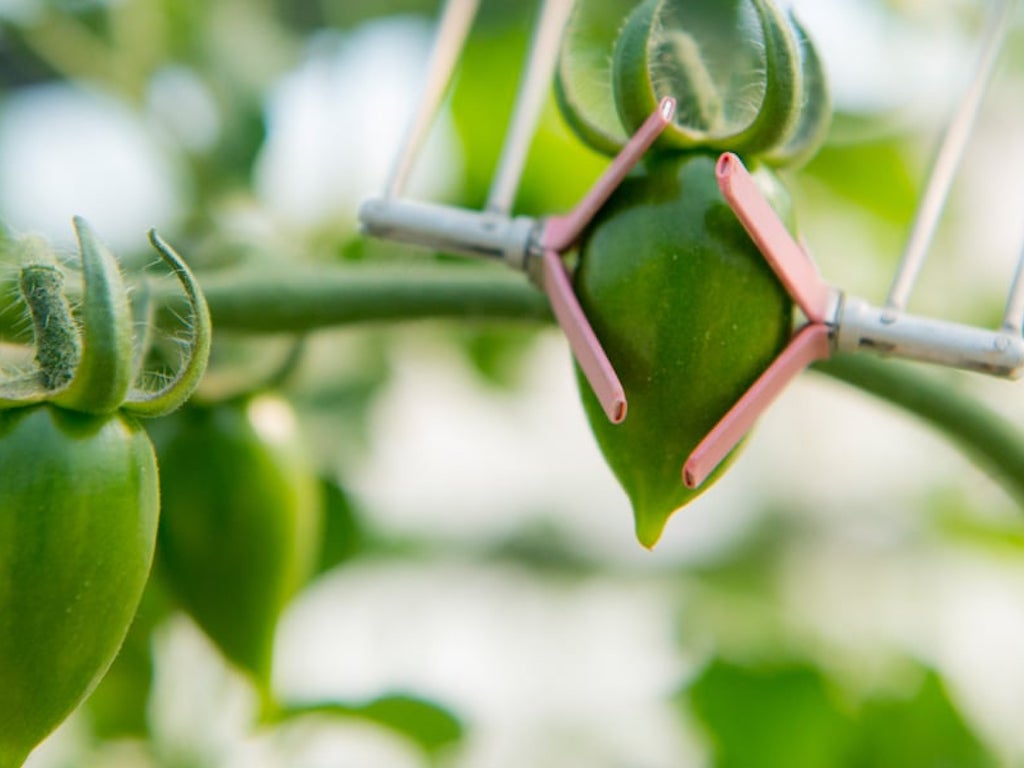3 Mins Read
Israeli smart farming startup SupPlant has raised US$10 million in a financing round. The funds will help the company accelerate its R&D and expand distribution of its sensorless irrigation technology to more farmers around the world. Already used in Mexico, South Africa, Argentina and Australia, SupPlant says that it plans to bring its technology to Kenya in the coming months.
SupPlant, the Afula-based precision agriculture tech startup, has closed a US$10 million funding round. The round was co-led by a number of venture capitalists, including Boresight Capital, Menomadin Foundation, Smart-Agro Fund and Mivtah Shamir, bringing the total funds raised to date to US$19 million.
The firm says that the funds will fuel its expansion, bringing its sensorless irrigation technology to 500,000 farmers in Kenya by September this year. By 2022, SupPlant aims to have impacted more than 2 million smallholder farmers in Africa and India.
Further R&D towards fully sensorless irrigation
Commenting on the round, Ori Ben Ner, CEO of SupPlant, said: “The funds raised in this round will allow us to speed up implementation of our new development—a fully sensorless industry-defining irrigation regime.”
Compared to conventional irrigation techniques, Ben Ner says that SupPlant’s solution is “far superior” and is “built for the vast majority of farmers on earth.”
“Smallholders that can’t afford access to hardware intense technology and unique knowledge. We already have strategic and disruptive agreements in place with global leaders that will allow us to reach millions of farmers in the upcoming year with this new and exciting technology.”

SupPlant’s precision agritech
Before expanding into sensorless irrigation, the company’s original solution was a hardware-software tech that has already been employed in Mexico, South Africa, Argentina and Australia. The tech uses agronomic algorithms, artificial intelligence and cloud-based data to find out specific measurements, such as water content and fruit growth patterns, and combines them with real-time and projected climate data.
Then, the farmers can access this data, which gets updated every 10 minutes on the cloud, giving them easy-to-follow and precise irrigation recommendations. All this helps to save water, improve productivity, boost yields while reducing farmers’ costs.
According to SupPlant, its technology has grown 1,200% in 2020, and currently holds expert information on over 30 crops across 14 countries and their specific climatic conditions.

‘Technology can improve our world’
Speaking about the decision to back SupPlant, Jeffrey Swartz, partner at co-lead investor Boresight and former CEO of Timberland, said that the company’s precision agriculture technology will be key to helping farmers face the rising challenges imposed by the climate crisis.
“In a world at risk to the destructive impacts of a changing climate, SupPlant’s solution—seek actionable insight farmers can turn into smart irrigation decisions, by ‘talking with’ the plants that produce our foods—is a concrete example of how technology can improve our world,” said Swartz.
“Across a variety of critical crops and a wide range of geographies, from small hold farmers to larger-scale food producers—we invest in SupPlant because SupPlant helps farmers produce more, better food, sustainably.”
All images courtesy of SupPlant.




